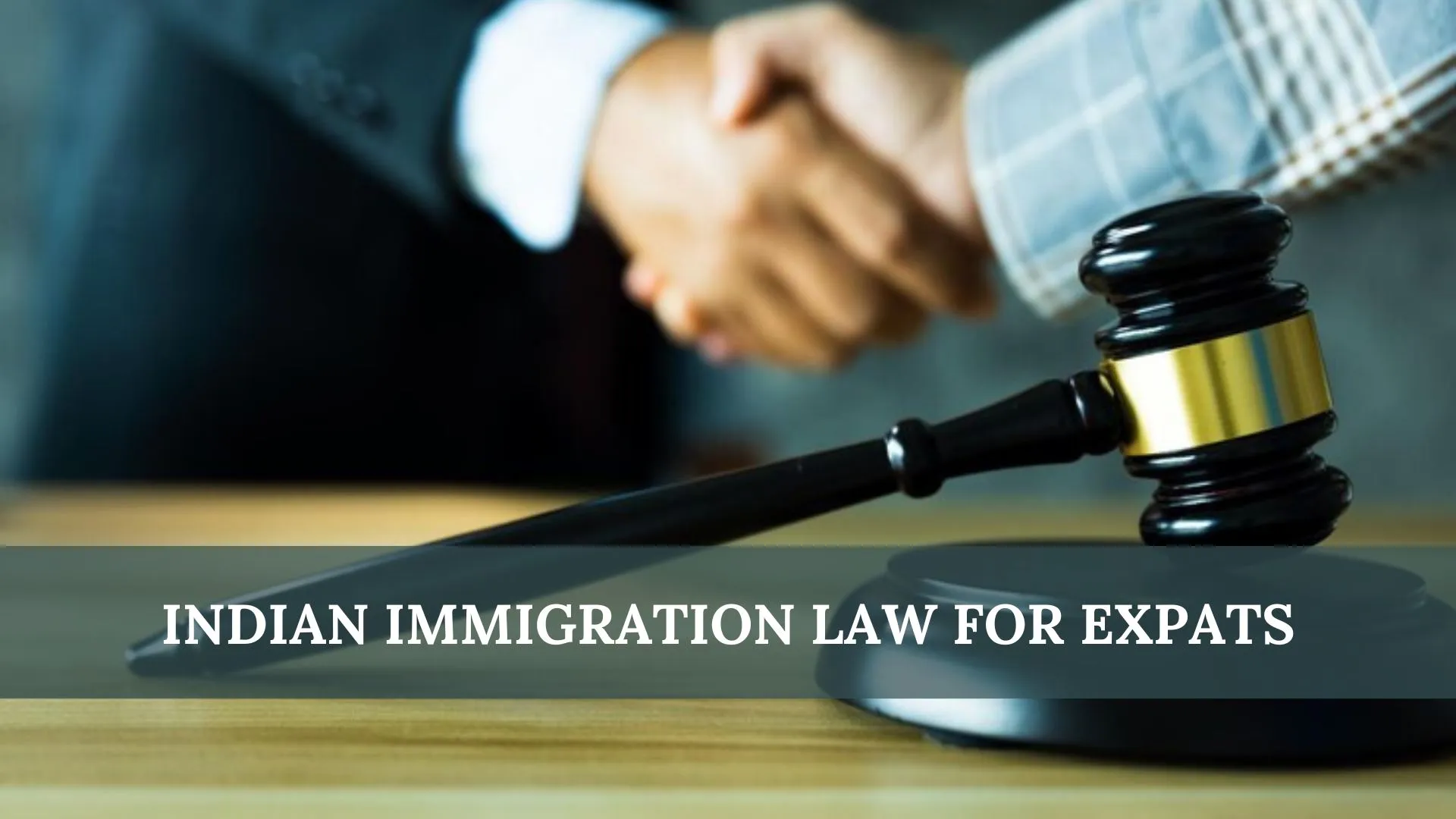


Relocating to another country temporarily or permanently for work or settlement is not an uncommon occurrence. When it is for the purpose of work, the people shifting are known as expats. Immigration laws of India come into play to ensure complete transparency and security of the nation. However, what do the immigration laws in India covers? Let’s find out!
India is a popular destination for expats due to its rich culture, diverse economy, and growing job opportunities. However, immigration laws in India for expats can be complex and subject to frequent changes. In this article, we will provide a detailed overview of immigration law in India for expats, including common requirements and considerations.
The first step for an expat to legally reside and work in India is obtaining the proper visa. There are several types of visas for expats, including:
Other types of visas that you can apply for include research visas, transit visas, conference visas, project visas etc. Further, the types of visas can also be categorised based on the number of entries a person is allowed in a country. This include:
It is important to note that the visit to another country or India by a foreign national should be for the purpose for which the visa is actually obtained. For instance, you cannot seek employment in India based on a tourist visa. Further, to obtain a visa, expats must submit an application along with supporting documents, such as a passport, proof of employment or education, proof of financial support etc. The application process can take several weeks, so it is important to apply well in advance of the intended travel date.
Another important aspect of immigration law for expats in India is registration requirements. Once an expat has obtained a visa, they must register with the Foreigners Regional Registration Office (FRRO) within 14 days of arrival in India. This registration is mandatory for all foreigners staying in India for more than 180 days. Expats must provide their personal details, visa details, and biometric information during registration.
Expats who wish to stay in India for an extended period must obtain a residence permit. This permit is issued by the FRRO. To obtain a residence permit, expats must submit an application along with supporting documents, such as proof of employment or education, proof of financial support, and a police clearance certificate. The application process again can take several weeks to several months, so it is important to apply well in advance.
Expats who work in India are subject to Indian taxation laws. Expat taxation in India is one of the important aspects of any expat arrangement. They are required to obtain a Permanent Account Number (PAN) from the Indian tax authorities and pay income tax on their earnings. Whether the income of expats will be taxable in India or not depends upon the salary structure of expats and their residential status as per the provisions of the Income Tax Act, 1961. Further, the tax rate varies depending on the income level and can be up to 30% plus any surcharge and cess. Expats must also file their income tax return within the due date.
In a Nutshell
Expats who wish to live and work in India must obtain the proper visa, register with the FRRO, and obtain a residence and work permit if necessary. Further, they also need to comply with the provisions of the income tax law to avoid any regulatory hurdles. India offers diverse working opportunities and unlimited potential for career growth. With proper planning and preparation, expats can enjoy a successful and fulfilling experience living and working in India.
However, before getting deputed to a new country, it is important to have an understanding of their local laws. For expats, taxation laws are of utmost importance. Failing to understand the tax intricacies might invite double taxation on the same income for expats. Tax laws of the home country, tax laws of the country of deputation and DTAA entered into between them – all three interplays to determine the taxability of expat’s income. Further, the agreement between the entity in the home country and in the foreign country also plays an important role as it lays down the entire arrangement. Appropriate legal and tax advisory should be availed of to prevent any unwanted legal complications. In case you need any assistance in relation to immigration laws in India or expat taxation in India, feel free to contact the ASC Group.
























































Leave a Reply
Your email address will not be published. Required fields are marked *